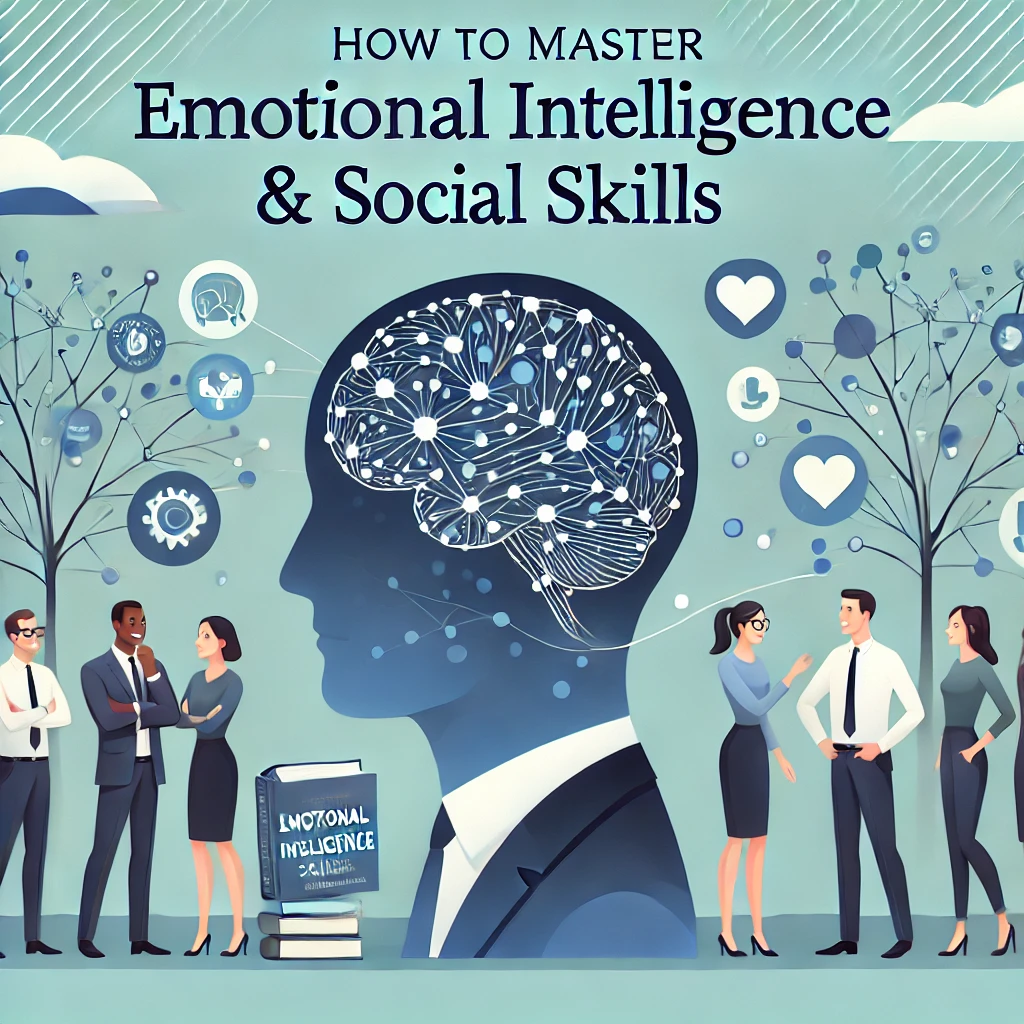What is Emotional Intelligence?
- Definition: The ability to understand, manage, and respond effectively to your emotions and those of others.
- Shapes first impressions and interactions before words are even spoken.
Why Smart People Struggle
- IQ alone (logic and skills) isn’t enough for success.
- EQ determines stress management, relationship quality, and overall effectiveness in life and work.
Emotional Intelligence in Everyday Life
- Your emotional reactions influence how you handle criticism, interpret interactions, and maintain confidence.
- Emotions trigger reactions faster than logical thinking, impacting behavior instantly.
The Cost of Low Emotional Intelligence
- Missed opportunities due to emotional reactions (e.g., job interviews, conflicts).
- Strained relationships, low resilience, and increased stress.
Benefits of High Emotional Intelligence
- Calm under pressure, effective in handling criticism and conflict.
- Builds deep trust, creates environments of safety, and leads naturally.
Emotional Intelligence is Learnable
- EQ skills can improve over time through practice due to neuroplasticity.
- Daily practices such as emotional labeling and self-reflection enhance emotional awareness.
Core Components of EQ
- Self-Awareness: Recognize and understand your emotions and triggers.
- Self-Regulation: Manage your emotional responses effectively.
- Internal Motivation: Sustain motivation through emotional alignment with your purpose.
- Empathy: Understand and appropriately respond to others’ emotions.
- Social Skills: Navigate relationships and social situations effectively.
Key Components Explored
Self-Awareness
- Understanding your emotions in real-time and their root causes.
- Recognizing patterns helps in controlling reactions and behaviors.
- Regular journaling and reflection build stronger self-awareness.
Mastering Self-Regulation
- Pause before reacting to emotional triggers.
- Use grounding techniques (e.g., deep breathing, emotional labeling) to control reactions.
Building Internal Motivation
- Align goals with deeper emotional values and purpose.
- Develop emotional resilience to handle setbacks constructively.
Empathy: The Power of Connection
- Build deeper relationships by understanding others’ feelings and perspectives.
- Balance emotional attunement without becoming emotionally overwhelmed.
- Recognize emotional signals in social settings.
- Adapt communication styles authentically to fit different situations.
Handling Difficult Conversations
- Prepare emotionally and set positive conversational tones.
- Manage emotions in real-time to resolve conflicts effectively.
Enhancing Relationships with EQ
- Foster emotional safety and presence in interactions.
- Practice emotional curiosity and vulnerability for deeper connections.
Practical Steps for Social Intelligence
- Observe group dynamics to adapt your approach appropriately.
- Align emotionally with others to influence positively without manipulation.
Conclusion: Mastering Emotional Intelligence
- Emotional intelligence is integrated through daily practice and awareness.
- EQ skills empower you to manage life’s challenges gracefully and
Read More: How to Get Better Every Single Day Book Summary

